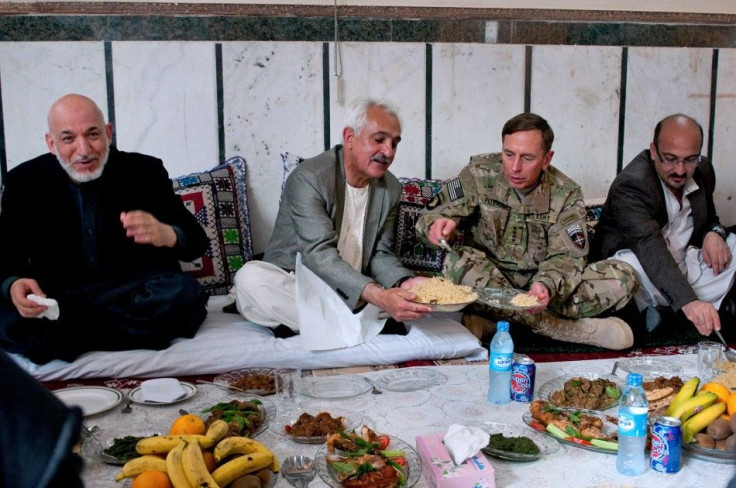Afghans face financial crisis when foreign troops pull out: US

Afghanistan will sink into a financial crisis in 2014, when foreign troops finally withdraw from the war-torn country, warned some top U.S. Democrats who are members of the US Senate Foreign Relations Committee.
A two-year study by the Committee has determined that the $320-million on monthly aid that the U.S. State Department and the U.S. Agency for International Development (USAID) sends to Kabul every month should be better spent, given through proper channels and not encourage corruption among Afghan officials,
Over the past ten years since the 9-11 attacks, Afghanistan has received about $18.8-billion in foreign aid from Washington – more than any other single nation.
Afghanistan could suffer a severe economic depression when foreign troops leave in 2014 unless the proper planning begins now, the report said.
Transition planning should find the right balance between avoiding a sudden drop-off in aid, which could trigger a major economic recession, and a long-term phase-out from current levels of donor spending.”
The report complained that about 80 percent of the money provided by USAID is being allocated to short-term stabilization programs instead of more beneficial long-term development projects.
The evidence that stabilization programs promote stability in Afghanistan is limited. Some research suggest the opposite, the report stated.
Cash to the Afghans, however, has scored some successes, particularly in the areas of school attendance health care.
Meanwhile, war-weary American politicians keep pushing for a significant withdrawal of its troops from Afghanistan – which will commence in earnest next month.
© Copyright IBTimes 2024. All rights reserved.











